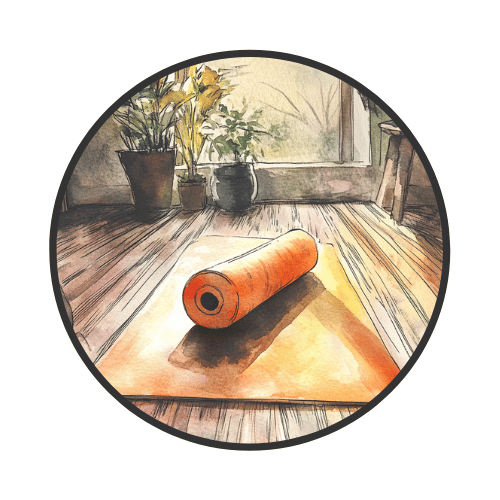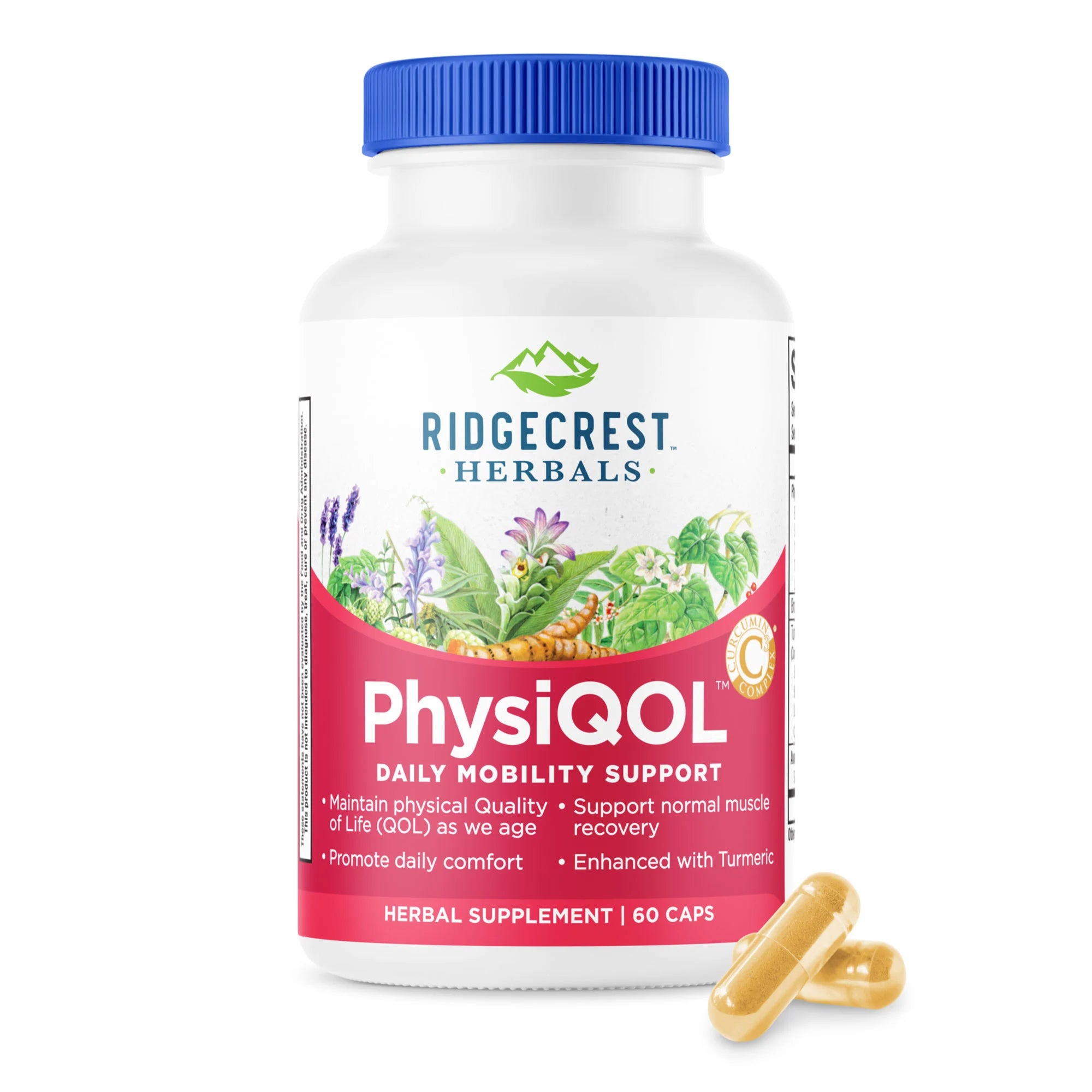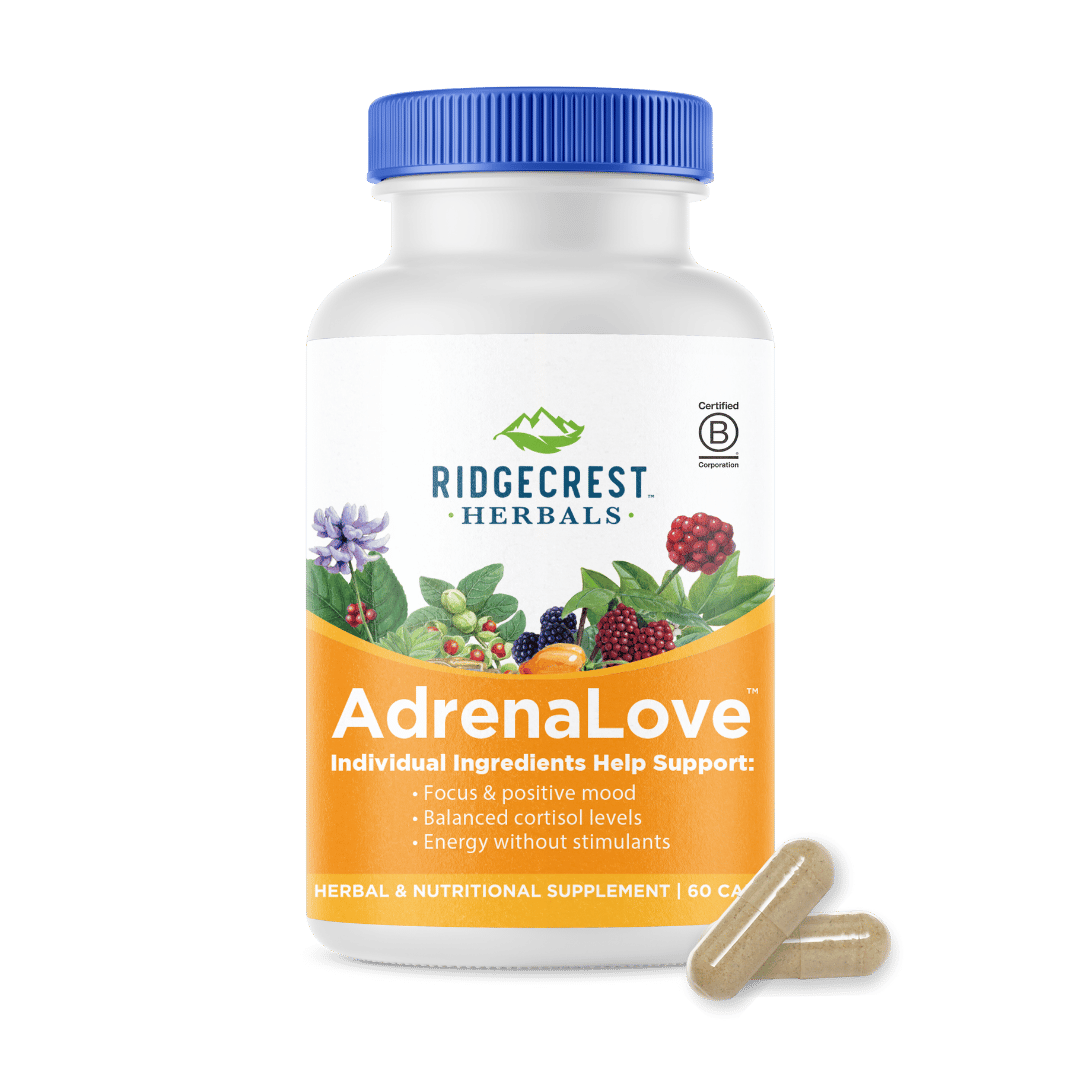Foam Rolling 101: Benefits, Fascia Health, and How to Get Started
Do you remember the first time you saw a foam roller at the gym and wondered what it was for? Maybe you noticed someone rolling around on one and became curious about its purpose and proper use.
Foam rollers can be used for a variety of things—from warming up your muscles and stretching them out to loosening tight, achy muscles and relieving pain. The main benefit of foam rolling is to aid myofascial release.
What Is Myofascial Release?
“Myo-what?” you may be wondering. It's okay—many of us were taught a simplistic view that the body is like a machine with independent working parts, connected only by ligaments at the joints. In reality, we are much more interconnected through a web-like structure of soft connective tissue called fascia (‘fa-shuh’).
You can imagine fascia as the body’s “soft skeleton.” It’s a collagen casing around every muscle fiber, organ, bone, and nerve fiber, providing protection, support, and chemical signals for muscle memory. Fascia, along with your muscles, helps you push, pull, jump, squat, and twist.
When there’s muscle injury, trauma, inflammation, misuse, or inactivity, fascia can stiffen and thicken (think of the painful "knots" you feel in your back), often leading to further injury.
How Foam Rolling Helps
This is where foam rolling becomes beneficial. It promotes myofascial release and increases blood flow, bringing more nutrients, antioxidants, and oxygen to tired, tight muscles. This can help speed up recovery, relieve pain, and improve flexibility.
Applying pressure through foam rolling also helps stretch and loosen muscles and fascia, making movements easier and reducing friction within the body.
Foam Rolling Tips: Getting Started
You can use a foam roller for most areas of the body. Additionally, smaller tools like a tennis ball against a wall can help target tight spots on the back, while a golf ball can be effective for the bottoms of your feet.
Some people like to foam roll before a workout to help warm up muscles. However, keep in mind that foam rolling stimulates the parasympathetic nervous system, relaxing both the mind and body—similar to the effects of a massage. For this reason, most prefer to foam roll after exercise to speed recovery, release tightness, and unwind.
Another way to enjoy the calming benefits of foam rolling is by incorporating it into your bedtime routine. Try dimming the lights to stimulate melatonin production, putting on ambient music, and focusing on relaxing and caring for your body. Visualization and affirmations during foam rolling can also help release emotional stress along with physical tension.
Best Practices for Foam Rolling
-
Relax the muscles you are working on.
-
Let your body weight provide the pressure—avoid adding extra force.
-
Be patient: Instead of rolling quickly, stay in each spot for 30–60 seconds, or until you feel a warming or burning sensation in the tissue.
-
Breathe deeply and visualize the chemical changes happening inside your body to initiate the release of tension.






1 comment
Deborah Hawkins
I am so grateful for the amazing herb nerds that are Ridgecrest! Thank you, Deborah
Leave a comment
All comments are moderated before being published.
This site is protected by hCaptcha and the hCaptcha Privacy Policy and Terms of Service apply.